
News about Food
Viser 49 til 72 af 172 dokumenter.


New study on children and food: Fruit chunks in yogurt are a turn off for one age group in particular

New study on children and food: Fruit chunks in yogurt are a turn off for one age group in particular
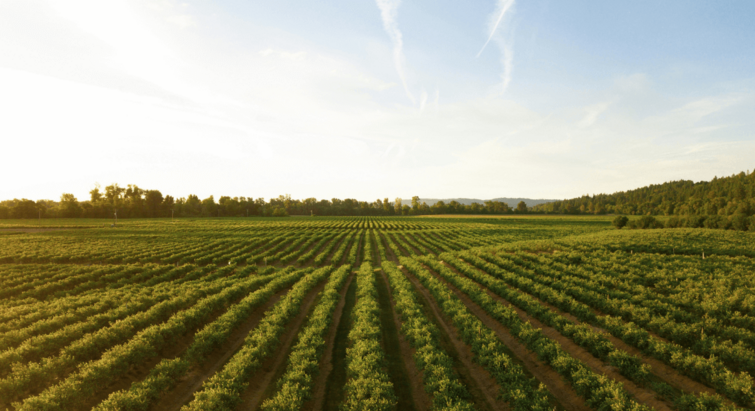
500 million DKK to research in resilient crops and ecosystems

500 million DKK to research in resilient crops and ecosystems
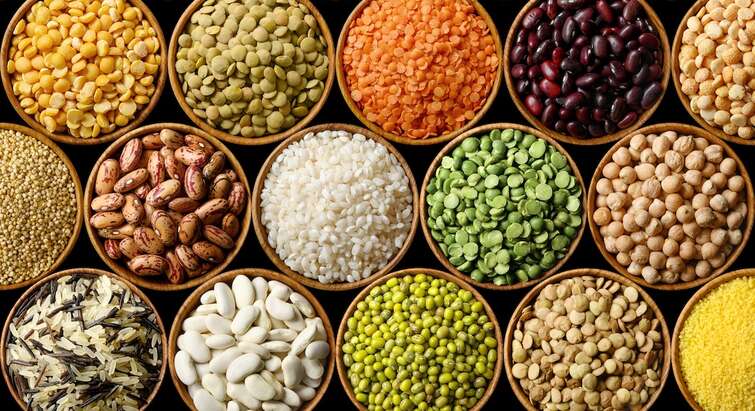
Exploring the role of root microbiome in plant domestication

Exploring the role of root microbiome in plant domestication
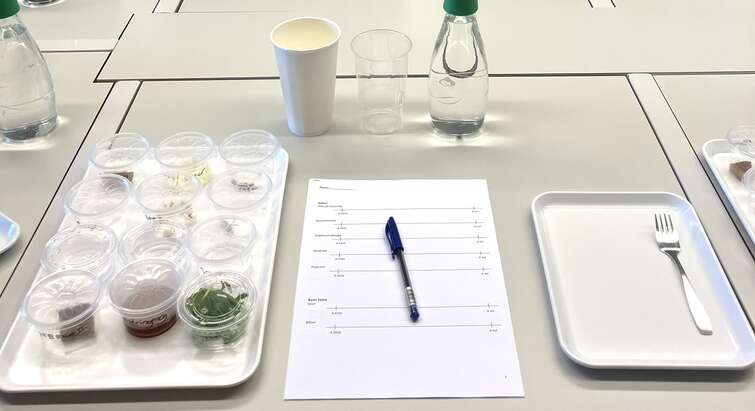
Making energy bars from rapeseed side streams
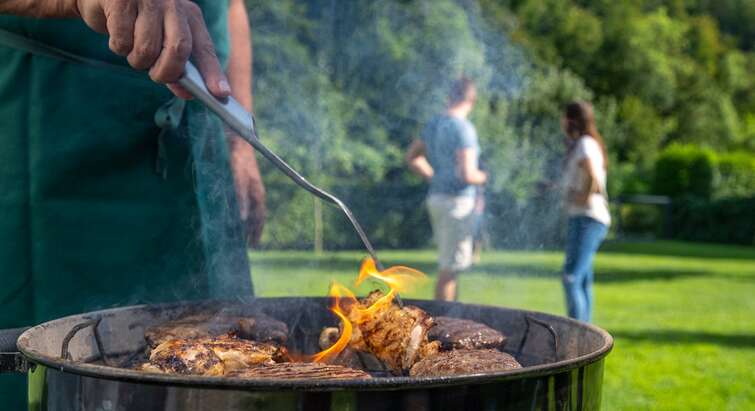
Avocados are 'bad' and vegans are ridiculous: How we justify eating too much meat
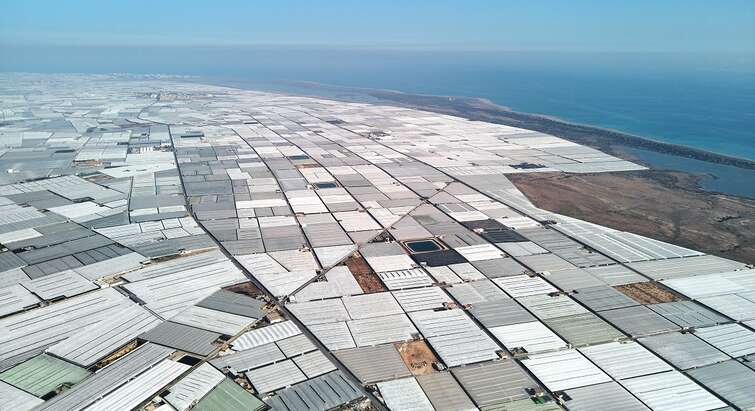
Greenhouses cover more and more of Earth’s surface

From dairy proteins to plant-based sidestreams
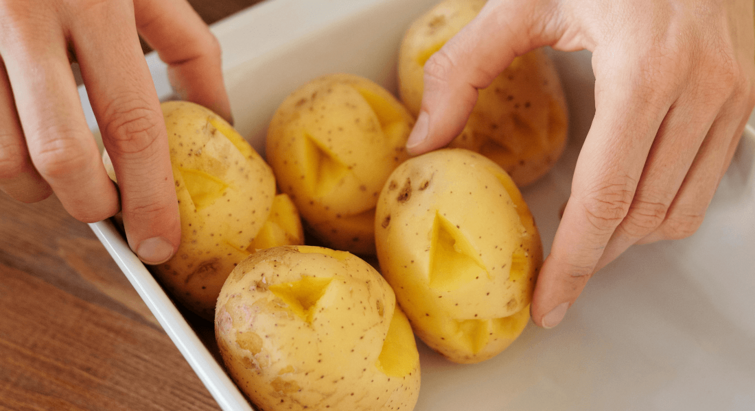
Preventing food rot with microbes

Fluid gels as the solution to the sensory drawbacks of plant-based foods
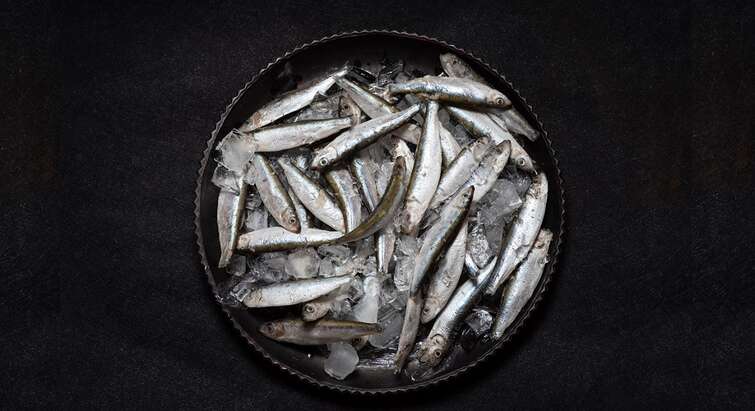
Fixin’ to be flexitarian: Scrap fish and invasive species can liven up vegetables

Fixin’ to be flexitarian: Scrap fish and invasive species can liven up vegetables

Developing the hybrid cheese of the future
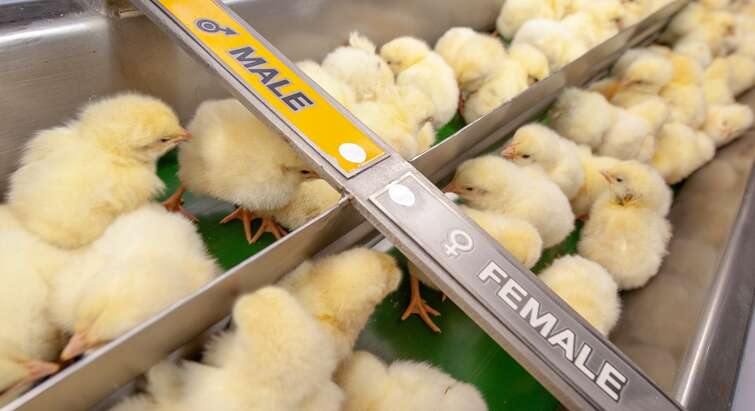
Researcher: Seven billion newly hatched chicks are killed every year – but a ban is not the solution
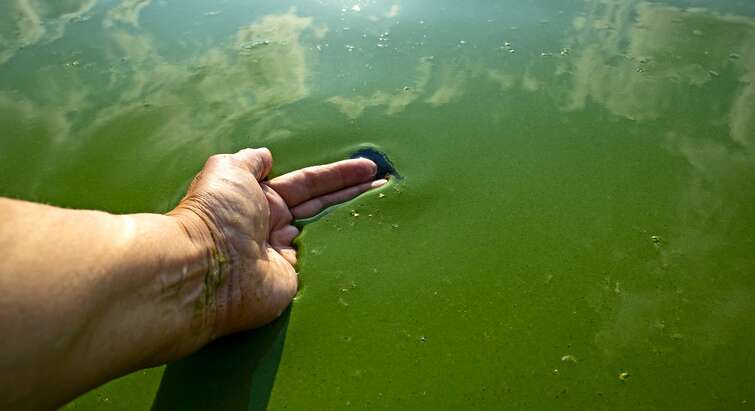
Scientists use blue-green algae as a surrogate mother for "meat-like" proteins

Scientists use blue-green algae as a surrogate mother for "meat-like" proteins

New educational collaboration strengthens the bond between biotech and biosolutions
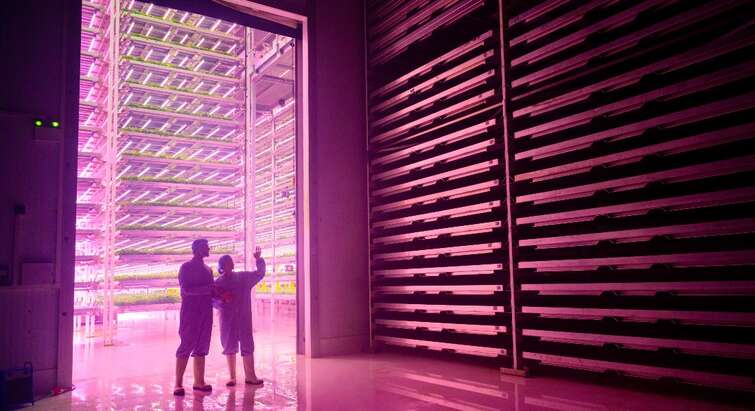
A delicious surprise: Vertically farmed greens taste as good as organic ones

Researchers have taught an algorithm to 'taste'

A delicious surprise: Vertically farmed greens taste as good as organic ones

